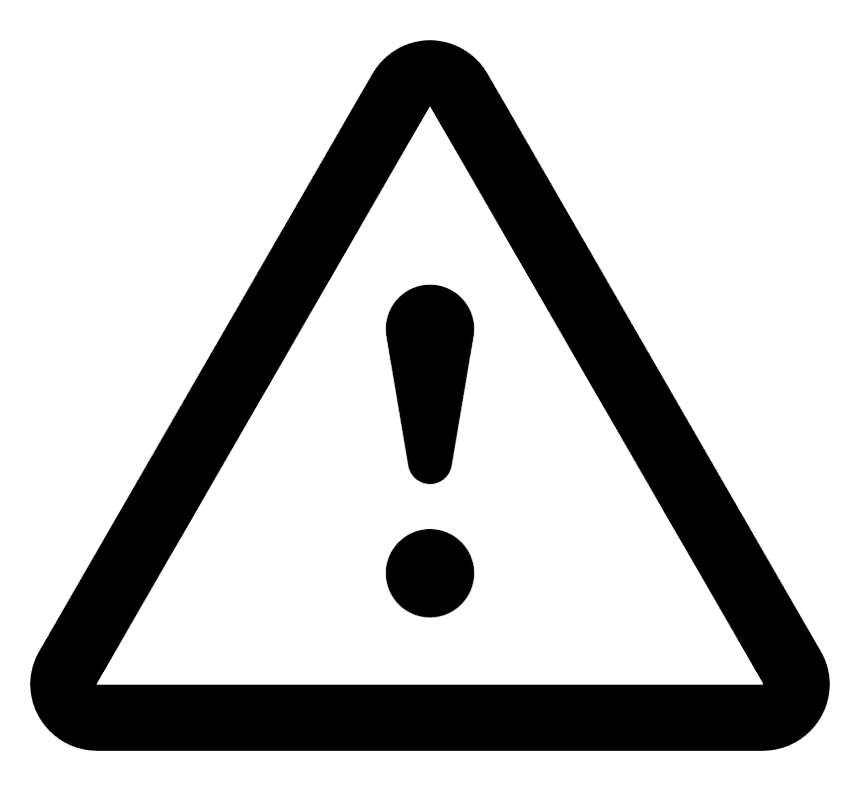Sleep-Wake Disorders
Sleep, an essential component of human existence, is a complex physiological process that is influenced by a myriad of factors. Disruptions in sleep patterns can have profound effects on an individual’s cognitive, emotional, and physical health. This chapter provides an in-depth exploration of Sleep-Wake disorders, ensuring that psychology residents are well-equipped with the knowledge required for the In-service exam and ABPN Psychiatry Boards exam.
We begin with Disorders of Hypersomnolence. Thereafter, a significant portion of this chapter is dedicated to the pharmacological treatment of insomnia. We discuss the various classes of drugs, from benzodiazepine receptor agonists (BZRA) to melatonin receptor agonists, highlighting their mechanisms of action, potential side effects, and contraindications.
Parasomnias, which encompass a range of abnormal behaviors during sleep, are dissected into REM and Non-REM parasomnias, with each condition explained in depth. Furthermore, Circadian rhythm sleep-wake disorders, which involve pathological shifts in sleep cycles, are discussed, along with the diagnostic sleep studies essential for evaluating sleep disorders.
Lastly, the chapter touches upon Sleep-related Breathing Disorders, differentiating between Obstructive and Central sleep apnea, and Substance/medication-induced sleep disorders, listing medications that can either induce hypersomnolence or insomnia.
By the end of this chapter, readers will possess a robust understanding of Sleep-Wake disorders, their diagnosis, and treatment, ensuring preparedness for standardized exams.
Authors: Jody Manners MD, Brian Hanrahan MD
Disorders of Hypersomnolence
Insomnia disorder
- Characterized by persistent difficulty with sleep initiation, duration, consolidation, or quality that occurs despite adequate opportunity and circumstances for sleep at least three times a night for at least three months
Sleep hygiene recommendations
- Avoid napping and adhere to regular sleep/rise times
- Limit caffeine, nicotine, and alcohol near bedtime
- Regular exercise
- Reduce light and sound exposure during sleep
Pharmacological treatment of insomnia
- Benzodiazepine receptor agonists (BZRA)
- Long-Acting: Diazepam, clonazepam, flurazepam, chlordiazepoxide
- Short-Acting: Lorazepam, oxazepam, temazepam
- Ultra-Short Acting: Alprazolam and triazolam
- Mechanism of action: GABA-A receptor inhibition
- Nonbenzodiazepine BZRAs
- Eszopiclone, zapelon, zolpidem
- Have higher selectivity for certain GABA-A subunit subtypes, which leads to a smaller side effect profile compared to typical BZRAs
- Orexin/hypocretin receptor antagonists
- Suvorexant, daridorexant, lembroxant
- Mechanism of action: Antagnoizm of orexin receptors, thereby decreasing the wakefulness drive of the brain
- Contraindicated in patients with narcolepsy
- Melatonin receptor agonist
- Ramelteon
- Tricyclic antidepressants
- Doxepin: Has strong antihistaminergic (H1) activity.
- Antidepressants
- Trazodone, mirtazepine
- Supplements
- Melatonin
Log in to view the remaining 60-90% of page content!
New here? Choose an account!
1 Month Plan
Full Access Subscription-
Access to all chapters
-
Access to all images and cases
-
Access to all flashcards
-
Access to Full Question Bank
3 Month Plan
Full Access Subscription-
Access to all chapters
-
Access to all images and cases
-
Access to all flashcards
-
Access to Full Question Bank
1 Year Plan
Full Access Subscription-
Access to all chapters
-
Access to all images and cases
-
Access to all flashcards
-
Access to Full Question Bank

